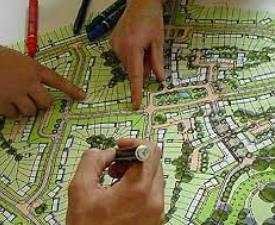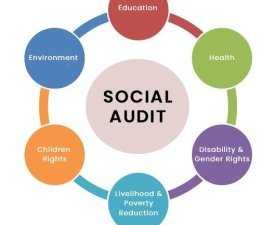Description
Course Title: Certificate in Urban Planning and Development
Course Duration: 3-6 months (flexible part-time/online options available)
Mode of Delivery:
-
Online (pre-recorded lectures, live webinars)
-
Hybrid (optional in-person workshops/site visits)
-
Self-paced with instructor support
Course Objectives:
This certificate program equips participants with foundational knowledge and practical skills in urban planning, sustainable development, and policy design. By the end of the course, learners will:
-
Understand key principles of urban planning, land use, and zoning.
-
Analyze urban challenges (e.g., housing, transportation, climate resilience).
-
Apply tools like GIS, spatial analysis, and participatory planning methods.
-
Evaluate case studies of successful urban development projects globally.
-
Draft policy recommendations or small-scale urban plans.
Target Audience:
-
Early-career planners, architects, or civil engineers
-
Government officials and policymakers
-
NGO staff working on urban projects
-
Real estate professionals and community activists
-
Students in related fields (geography, environmental studies, etc.)
Curriculum Highlights:
-
Module 1: Introduction to Urban Planning
-
History and theories of urban development
-
Global trends (smart cities, informal settlements, urbanization)
-
-
Module 2: Tools and Techniques
-
GIS mapping, data collection, and spatial analysis
-
Zoning laws and regulatory frameworks
-
-
Module 3: Sustainable Urban Development
-
Climate-responsive design, green infrastructure
-
Affordable housing and inclusive planning
-
-
Module 4: Stakeholder Engagement
-
Community participation methods
-
Conflict resolution in urban projects
-
-
Capstone Project:
-
Develop a micro-plan for a real or hypothetical urban area.
-
Assessment Methods:
-
Quizzes and case study analyses
-
GIS mapping exercises
-
Capstone project presentation
Certification:
Upon completion, participants receive a verified digital certificate. Optional pathway to advanced diplomas or university credit (if partnered institutions).
Fees:
$500–$1,200 (sliding scale or scholarships available for low-income participants).
Instructors:
-
Industry professionals (urban planners, policymakers)
-
Academics with field experience
Partner Organizations (sample):
-
Local government planning departments
-
UN-Habitat or World Bank-affiliated experts
Career Pathways:
-
Urban planner (entry-level)
-
Policy analyst
-
Community development officer
Enrollment:
Open intake quarterly. No strict prerequisites, but basic familiarity with geography/social sciences recommended.



